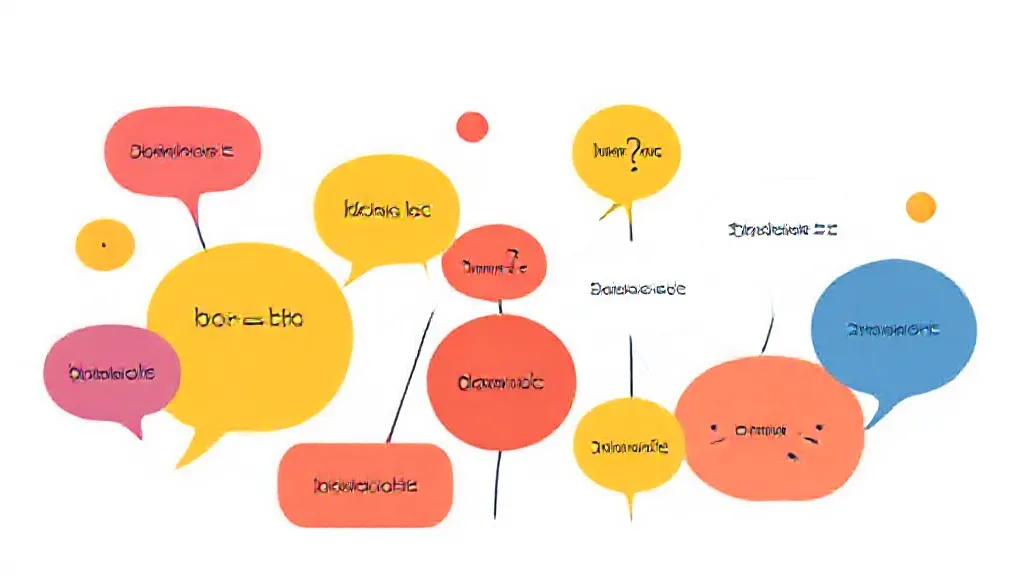Conjunctions are often overlooked in the study of grammar, yet they play a crucial role in the construction of coherent sentences. These words, which link phrases, clauses, or words, are essential for creating complex and meaningful statements. Without conjunctions, communication would be fragmented and less effective, making their understanding vital for both learners and proficient speakers of any language.
The Functionality of Conjunctions in Language
Conjunctions can be categorized into three main types: coordinating, subordinating, and correlative. Coordinating conjunctions, such as "and," "but," and "or," connect words or groups of words that are of equal importance. For instance, in the sentence "I want to go to the park, but it is raining," the conjunction "but" highlights a contrast between two equal ideas.
Subordinating conjunctions, like "because," "although," and "while," introduce dependent clauses, providing additional context or information. For example, "Although it was raining, we went to the park" shows how the subordinate clause adds context to the main idea. Lastly, correlative conjunctions, such as "either.
..or" and "neither.
..nor," work in pairs to connect equivalent elements, enhancing the complexity of sentences.
The Impact of Conjunctions on Sentence Structure
The use of conjunctions significantly influences the structure of sentences. They allow for the combination of simple sentences into more complex forms, which can convey nuanced meanings. For example, "I enjoy reading" can be expanded to "I enjoy reading, and I also love writing," thus providing more information and a richer context.
This ability to link ideas not only improves fluency but also enables speakers and writers to express thoughts more clearly and effectively.
Enhancing Clarity and Coherence
Conjunctions enhance the clarity and coherence of communication. By linking ideas, they help the audience follow the logical flow of thoughts.
For instance, transitional conjunctions like "therefore," "however," and "meanwhile" guide readers through an argument or narrative. In academic writing, the use of such conjunctions is crucial for constructing well-organized essays and research papers, as they signal relationships between ideas and help maintain a cohesive argument.
Conjunctions in Different Languages
The importance of conjunctions is not limited to the English language; they are fundamental in many languages worldwide.
For instance, in Spanish, conjunctions such as "y" (and) and "o" (or) serve similar functions as their English counterparts. The study of conjunctions across languages can reveal much about the structure and function of those languages, offering insights into cultural and linguistic differences in communication styles.
Historical Perspectives on Conjunctions
Historically, conjunctions have evolved alongside language development.
Ancient grammarians recognized their importance in sentence construction, and as languages evolved, so too did the forms and functions of conjunctions. For example, Latin, with its rich system of conjunctions, influenced many modern languages, including English. Understanding the historical context of conjunctions can provide a deeper appreciation for their role in language and communication.
Teaching Conjunctions in Education
In educational settings, teaching conjunctions is crucial for developing students' writing and speaking skills. Educators often emphasize the importance of conjunctions in creating varied sentence structures and improving overall communication. By incorporating exercises that focus on conjunction use, students can learn to express their ideas more effectively, enhancing both their academic performance and everyday communication skills.
Conclusion: The Indispensable Role of Conjunctions
In conclusion, conjunctions are indispensable in language, serving as the glue that holds sentences and ideas together. Their ability to create complex sentence structures, enhance clarity, and facilitate coherent communication underscores their significance in both written and spoken language. A solid understanding of conjunctions not only benefits language learners but also enriches the communication skills of individuals across various contexts.
